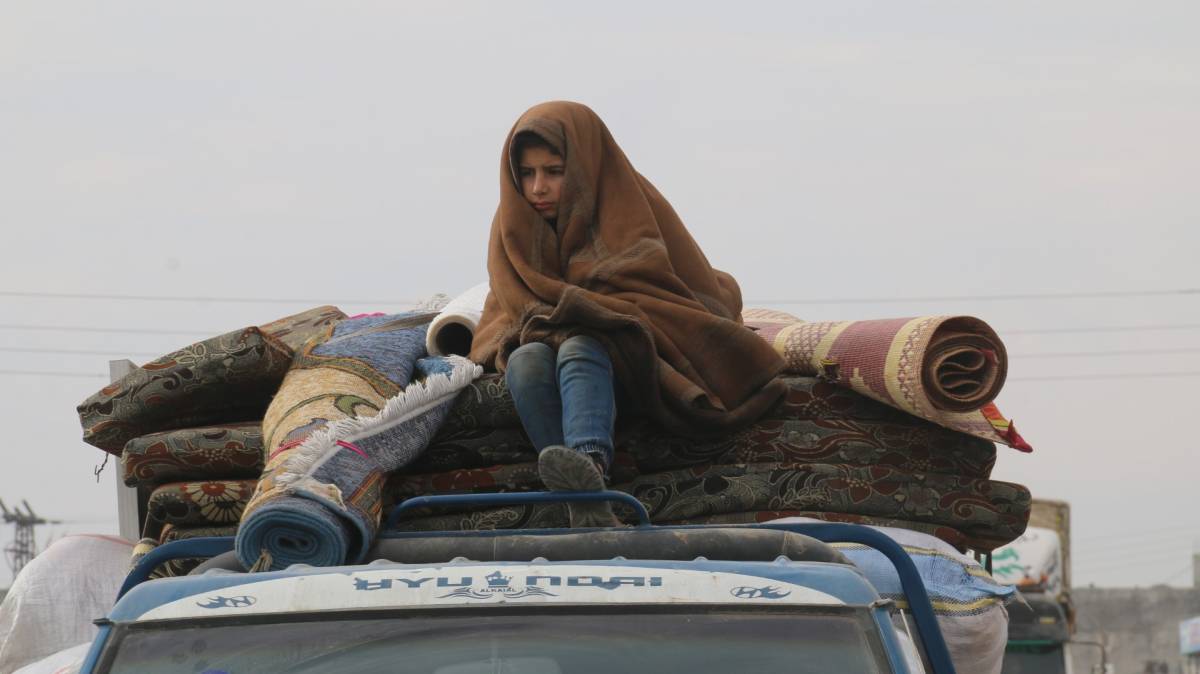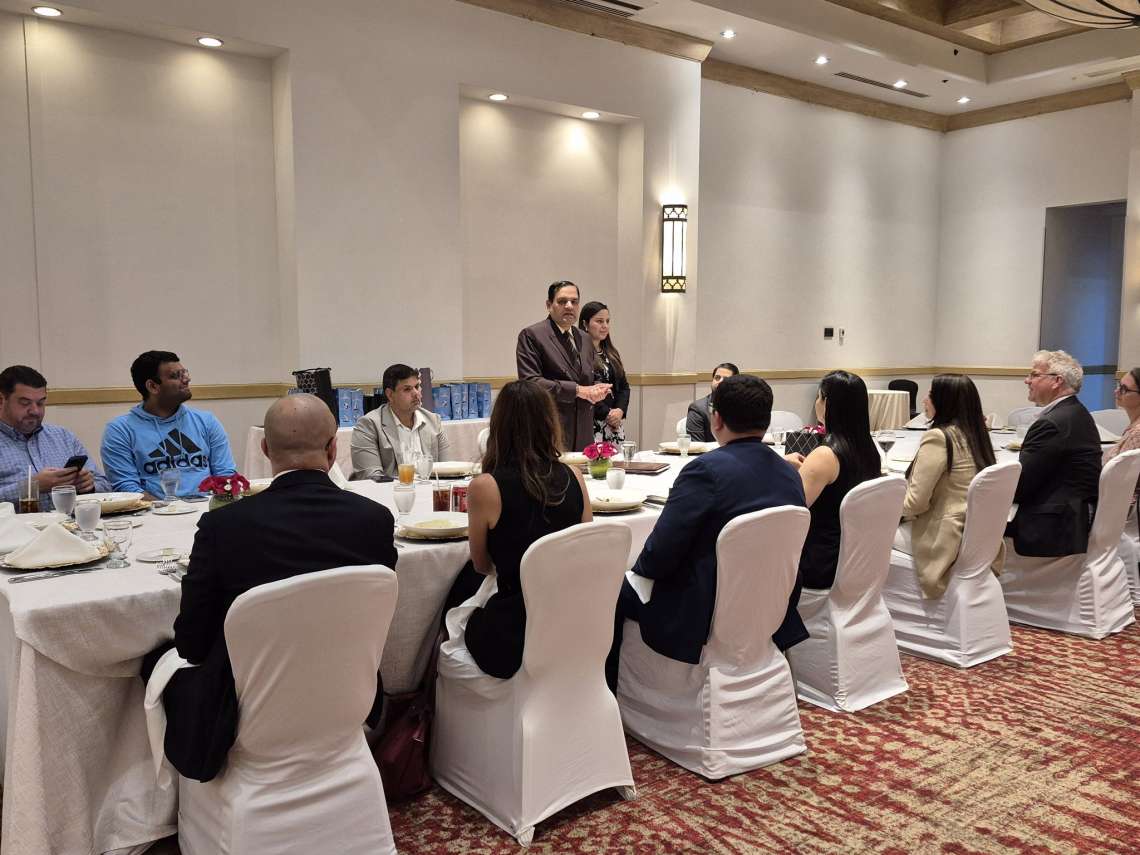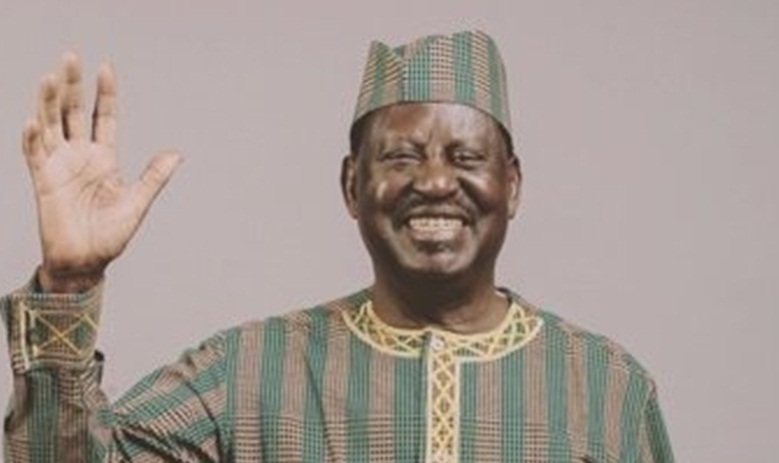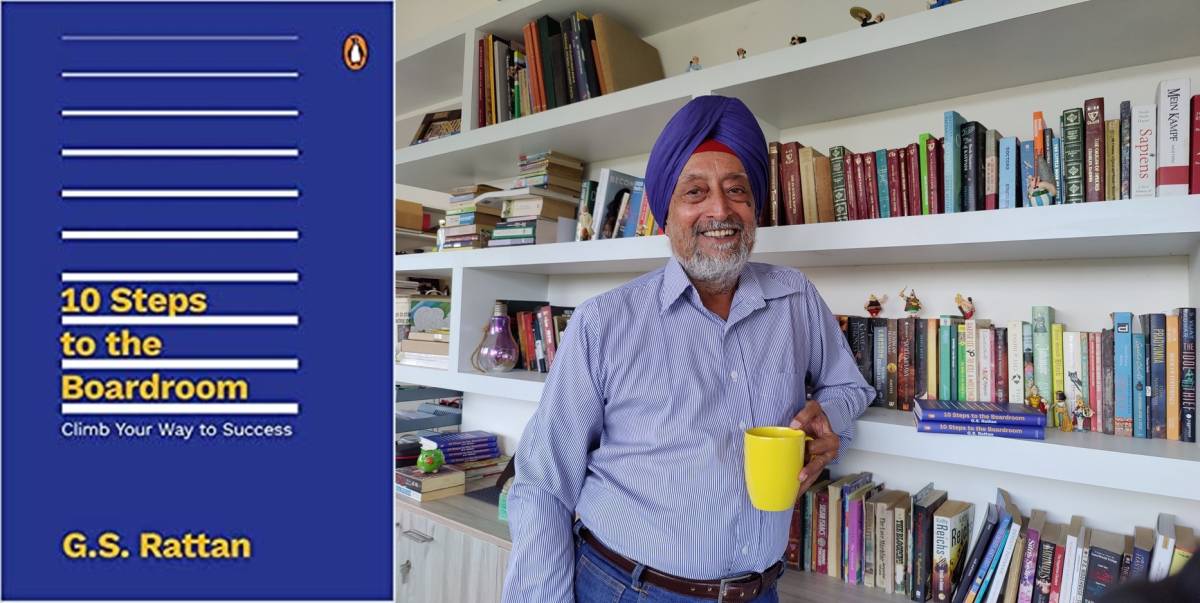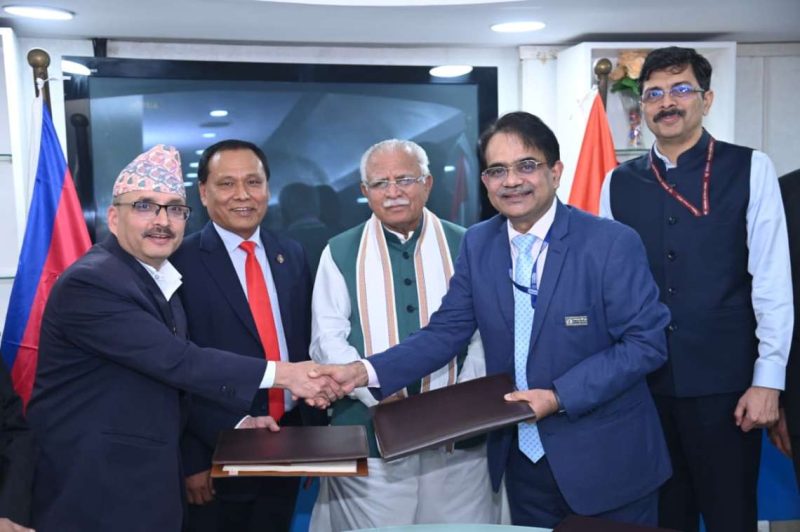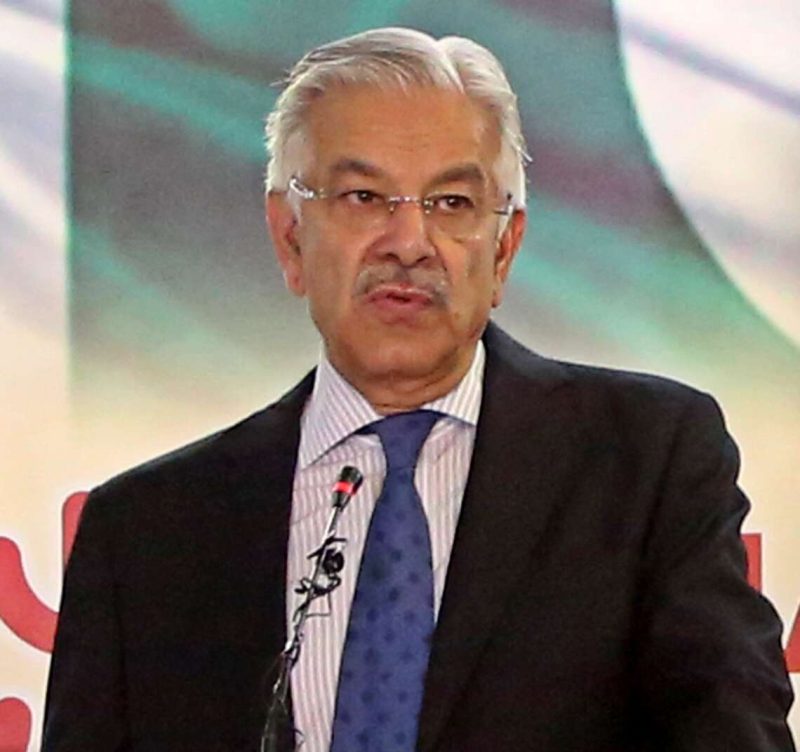Some 3.8 million refugees in the Middle East and millions of low-income families in Africa are facing dire conditions during one of the coldest winters in the region…reports Asian Lite News
Refugees in Lebanon, Jordan, and Iraq are suffering from cold temperatures that can reach below zero degrees.
Under this framework, the World’s Coolest Winter campaign partnered with Mohammed bin Rashid Al Maktoum Global Initiatives (MBRGI), the United Nations High Commissioner for Refugees (UNHCR) and the Food Banking Regional Network, to launch the Warm Winter campaign to support refugee and displaced persons and families in the Middle East and Africa. The initiative is a collaboration with Galaxy Racer’s Content Creator AboFlah.
Many refugees and displaced families depend on the UNHCR’s aid to overcome winter conditions and secure their children’s food and shelter needs.
Without emergency aid, many families will not be secure and warm this winter. This is the tenth consecutive winter they spend away from home while suffering extreme poverty.
The UNHCR operates in 130 countries to help refugees and host communities and adapt and find solutions amidst increasingly harsh conditions. The international organisation’s statistics show that the number of forced migrants in 2021 exceeded 84 million people.
According to UNHCR’s figures, the number of displaced persons inside Iraq amounted to over 1.2 million people at the end of 2020, in addition to over 280,000 refugees, including 242,000 Syrian refugees. Women account for 48 percent of the total number of refugees in Iraq.
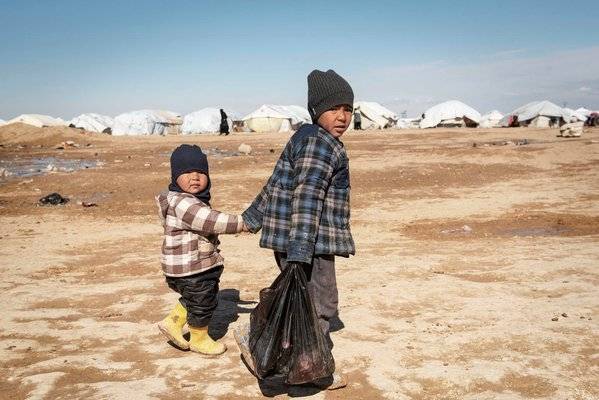
A UNHCR report on Syrian refugees published in March 2021 pointed out that half of the Syrian population has become refugees. More than 13 million Syrians require humanitarian assistance and protection, while 12.4 million people or 60 percent of the population suffer from malnutrition.
The organisation, therefore, called on the international community to intensify its collective efforts to help Syrian refugees and host communities.
The UNHCR cooperates with the World Food Programme (WFP) and the United Nations Children’s Fund (UNICEF) in Lebanon, which is suffering dire economic conditions, addressing the rapid deterioration in the living conditions of Syrian refugees. All three organisations have highlighted their inability to provide the minimum required funding to protect refugees.
Nearly 60 percent of Syrian refugee families in Lebanon live in overcrowded conditions. Furthermore, two-thirds of refugee families had to reduce their food supplies or their number of meals per day. The WFP currently helps over 1.1 million Syrian refugees and 600,000 Lebanese citizens by providing financial and food aid every month.
ALSO READ: Eastern US hit by winter storm
In Jordan, the UNHCR allocated nearly US$35 million in 2021 in the form of winter aid for refugees. Jordan has hosted over 1.3 million Syrian refugees since the outbreak of the crisis in 2011, including 669,992 refugees in the UNHCR’s records until 17th August, 2021.
The United Nation’s (UN) figures point out nearly 1 percent of the world’s population have been forcibly displaced and unable to return home, primarily due to the effects of climate change and the COVID-19 pandemic that has affected the world over the past two years.
In a previous statement, Filippo Grandi, UN High Commissioner for Refugees, stressed that forced displacement has become a reality and is no longer a temporary or short-term phenomenon. He added that millions of people live outside their countries because they cannot live in turbulent environments.
The refugee crisis is also threatening the future of entire generations, as nearly 374 million children are refugees, including many who are without their parents.
Nearly 80 percent of refugees and displaced persons worldwide live in areas suffering from food insecurity or severe malnutrition and facing environmental risks.
Over three-fourth of the world refugees, or 77 percent face long-term displacement; nearly 85 percent of refugees live in under-developed countries, while two-thirds of the world’s refugees belong to five countries – Syria, Venezuela, Afghanistan, South Sudan and Myanmar.
In addition to the refugee crisis, the COVID-19 pandemic has severely impacted the global economy and increased poverty worldwide in 2020. Subsequently, the World Bank’s figures indicate that the pandemic has pushed nearly 150 million to below the poverty line in 2021.


